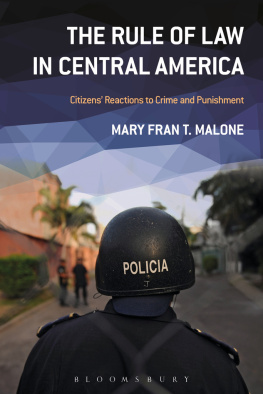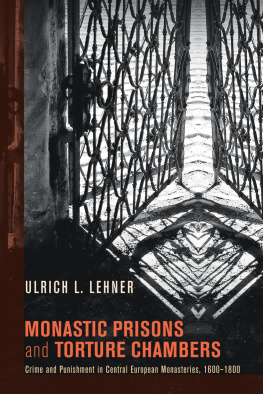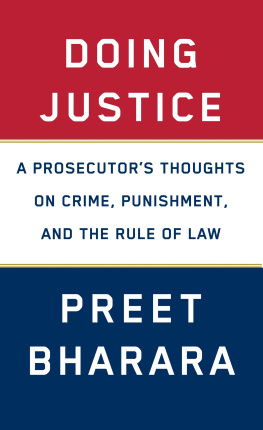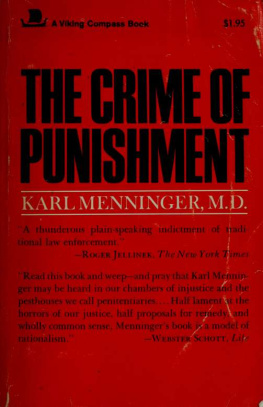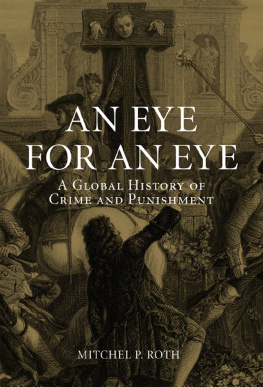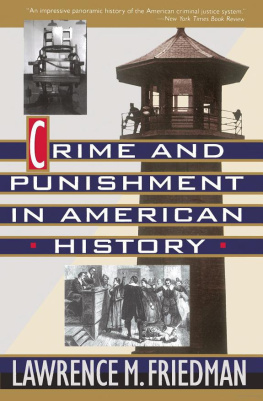Acknowledgments
In my research, I have been very fortunate to have had so much assistance from many wonderful people all over the world. I wouldnt have been able to embark on this project without the guidance of three extraordinary teachers: Lisa Baglione, Jon Hurwitz, and Mitchell Seligson. These three teachers worked with me at various stages of my academic career and gave me the skills to eventually write a book on a topic I found so important. Lisa first inspired me to become a political scientist. As a sophomore undergraduate student in her class, I admired her enthusiasm for politics, even as I spent long hours studying for her exams. Lisa had the patience to work with me independently to teach me the fundamentals of research, and her help gave me the tools I needed to do well in graduate school at the University of Pittsburgh. Once at the University of Pittsburgh, Jons classes were probably my most difficult, but they gave me a thorough background in statistical analysis and mass politics. Jon also supplied me with a ready list of good nonpolitical science books to read, recommending that I continue my outside reading to improve my writing style. I have been grateful for the reading suggestions, as well as the rationale that prevented me from feeling guilty about substituting Hildebrand and Bryson for Putnam and Dahl on occasion. While at the University of Pittsburgh, I was very fortunate to have had the opportunity to work with Mitchell Seligson before he departed for Vanderbilt University. Mitch has had extraordinary patience with me ever since I arrived on his office doorstep at the University of Pittsburgh and has worked tirelessly with me to become a well-rounded political scientist. Mitch has always been encouraging, either through reading manuscripts, offering much-needed (and valued) criticism, or going through the pros and cons of different job opportunities. His impressive work ethic has been a model for me to follow as a researcher and a teacher. Mitch has also been an extraordinarily generous scholar. By creating the Latin American Public Opinion Project (LAPOP), soliciting questions for the surveys, and widely disseminating the data, he has exponentially advanced the study of mass politics in Latin America, and in doing so provided the foundation for much of the research in this book. Lisa, Jon, and Mitch demonstrate what impact good teachers can have. Today when my students tell me how much they enjoy my classes, I realize that it is because I have learned from the best.
Also while at the University of Pittsburgh, I had the opportunity to work with an amazing group of scholars. Barry Ames, Alejandro de la Fuente, and Dietlind Stolle enhanced this project by providing insight and advice at its early stages, when they served on my dissertation committee. I was also fortunate to befriend an extraordinary group of graduate students who enriched my academic background in many ways; I am grateful for their support and friendship.
This project has benefitted from several trips to Latin America. Luca Dammert has been a great help to me in accessing data and generously welcoming me into her home when I traveled to Chile, and our collaborations have been a great pleasure. Juliana Martinez and Jorge Nowalski greatly facilitated my work with other scholars in the field by introducing me to practitioners of criminal justice in Central America. My field research has benefitted from practitioners who have graciously shared their expertise with me: Francisco Bautista Lara, Braulio Espinoza, and Andrs Herrera.
Several other people worked hard to improve the quality of this book. My editor, Marie-Claire Antoine, provided valuable assistance at all stages of the preparation of the manuscript. My graduate and undergraduate assistants, Samantha Corti, Sophia Weeks, Elizabeth Kyriacou, Richard Barney, and Christina Ladam, pored over the pages to account for all references and minimize all errors. Christine Malone-Rowe thoroughly reviewed the final draft of the manuscript and indicated areas for improvement.
I am very grateful to my colleagues at the University of New Hampshire, who provided valuable assistance in many ways. Two chairs of the political science department, Warren Brown and Dante Scala, have worked tirelessly to make as many resources as possible available to me for this project and in my broader career as well. Ellen Cohn, Coordinator of the Justice Studies Program, has been a valuable mentor with much appreciated advice on publishing and grant writing. Deans Hoskin and Fuld of the College of Liberal Arts have ensured that I had ample opportunity to present my work to a broader academic community, providing many opportunities for travel and research. Of course, any recognition of COLA would be remiss without acknowledging the vital assistance of Dean Ted Kirkpatrick, who never met a problem he could not fix. Of course, all of us would be lost without the expert guidance of our administrative staff who work so hard behind the scenes to make us look good: Marcie Anderson, Deborah Briand, and Janis Marshall.
Several fellowships also made this work possible. At the University of New Hampshire, the Center for the Humanities graciously funded this project for a semester. The Center for International Education, the Graduate School, and the College of Liberal Arts provided summer grants for field research. I am very grateful to all my colleagues at the University of New Hampshire, particularly in the Department of Political Science and the Justice Studies Program. I am particularly appreciative of my colleagues who were generous enough to read this manuscript in part or in full and offered very valuable insights: Warren Brown, Ellen Cohn, Burt Feintuch, Stacy VanDeveer, and Sarah Wolper. I would also like to thank the anonymous reviewers who provided valuable feedback on early drafts of the manuscript.
I owe many thanks to my former foster children, Sonia, Javier, Gloria, and Carolina Luna. I was incredibly fortunate that my first experience in Latin America introduced me to such a wonderful family. When I first moved to Argentina many years ago, the Lunas welcomed me into their clan wholeheartedly, teaching me a great deal about the day-to-day practical matters of living in a new country. As they have grown over the years and started families of their own, the Lunas have kindly forgotten what a terrible job I did as a temporary foster mother, and have honored me with their friendship. One of the greatest joys I have in my travels to Latin America is the opportunity to follow their progress, and now the progress of their children.
I have also been fortunate to have had support from a generous group of working mothers. When a stomach virus makes the rounds of day care, at the same time a fall off the monkey bars means a trip to the emergency room, I am very grateful that I have such a large circle of supportive working mothers who can help me juggle illness, emergency rooms, and finishing manuscripts. Attending conferences, conducting field research, and submitting grades on time would not be possible without the help of a dedicated group of working mothers: Donna Brown, Roslyn Chavda, Molly GirardDorsey, Sarah Larson-Dennen, Alynna Lyon, Connie Malone, Christine Malone-Rowe, Kerry Palombaro, Cristal Partis, Jo Porter, Sharyn Potter, Rachel Rouillard, Mary Schwarzer, and Jeannie Sowers. Special thanks go to Roslyn Chavda, who saved the day on many occasions with her 5:00pm calls offering to feed my children while I worked in her study. I promise, I never taught my children to ask Roz to send home leftovers on top of it all; they just appreciated her cooking all on their own. Special thanks also go to a particularly extraordinary working mom: Christine Malone (she has waited a long time to hear this, Im sure). In addition to ensuring I received a solid education, my mother showed me firsthand how to balance work and family, and excel at both. Ive drawn on her example many times since I began to balance my own family and career, and in retrospect, I dont know how she did it all. I am grateful that she did, and in doing so, set such a high bar for me to aspire.


